Table of Contents
- Introduction to the Early Signs Your Kids Will Need Braces
- Crowded or Crooked Teeth
- Misaligned Jaw or Bite Issues
- Early or Late Loss of Baby Teeth
- Thumb Sucking and Other Oral Habits
- Mouth Breathing
- Difficulty Chewing or Biting
- Speech Impediments
- Teeth Grinding (Bruxism)
- When to Consult an Orthodontist
- Conclusion
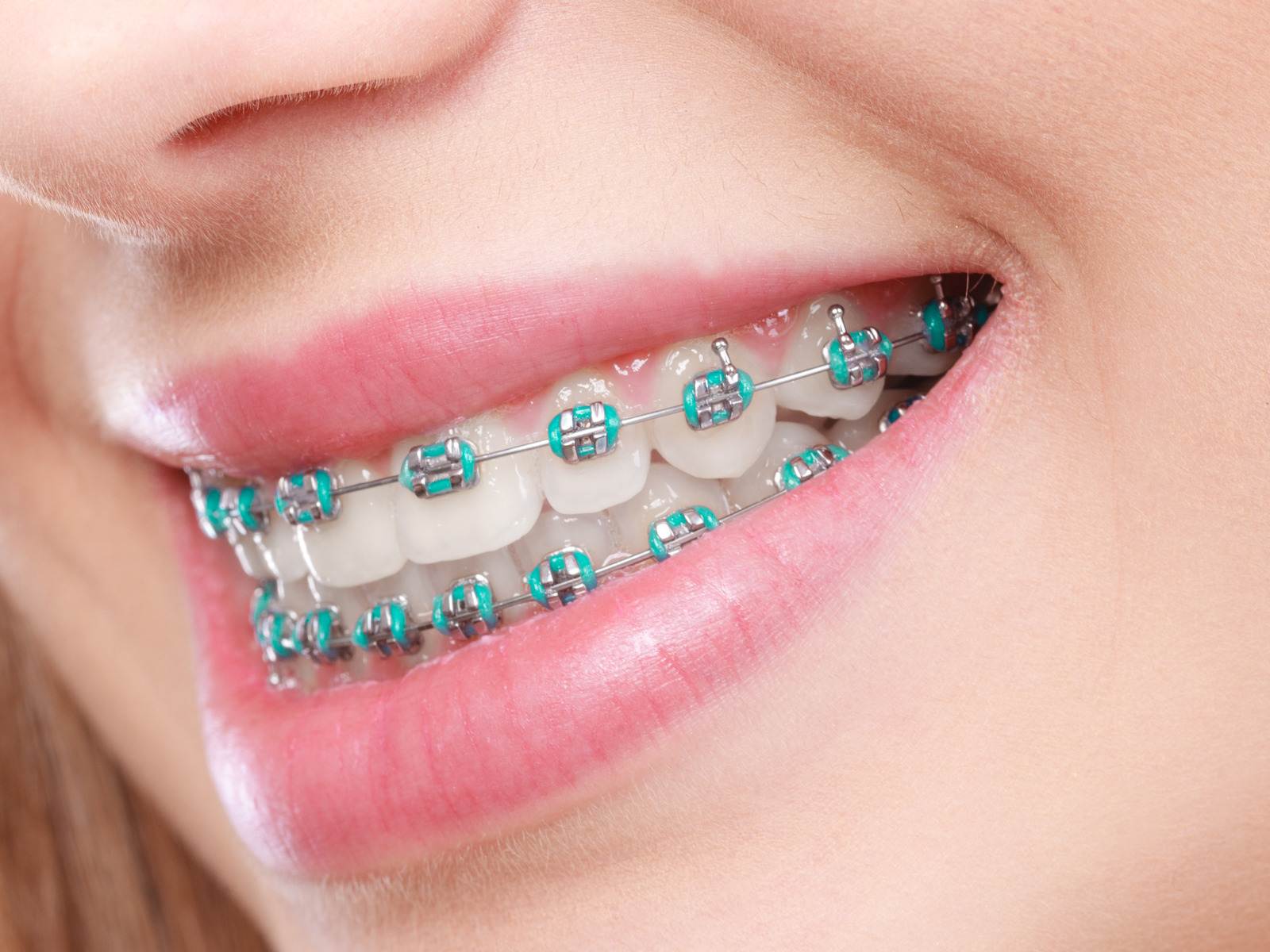
Introduction to the Early Signs Your Kids Will Need Braces
For parents, early detection of orthodontic issues in your child’s oral health makes all the difference in the outcome of their potential orthodontic treatment plans. Some dental issues in kids can be abundantly apparent, but some problems can go unnoticed without a professional examination and diagnosis. In this blog, we at dobie revolution orthodontics will highlight some of the key signs that your child may need braces, and how you can recognize potential dental issues before they become more severe.
Are you in the New Haven/Shoreline area and concerned your child will need braces?
A free consultation with Dobie Revolution Orthodontics is always available.
Crowded or Crooked Teeth
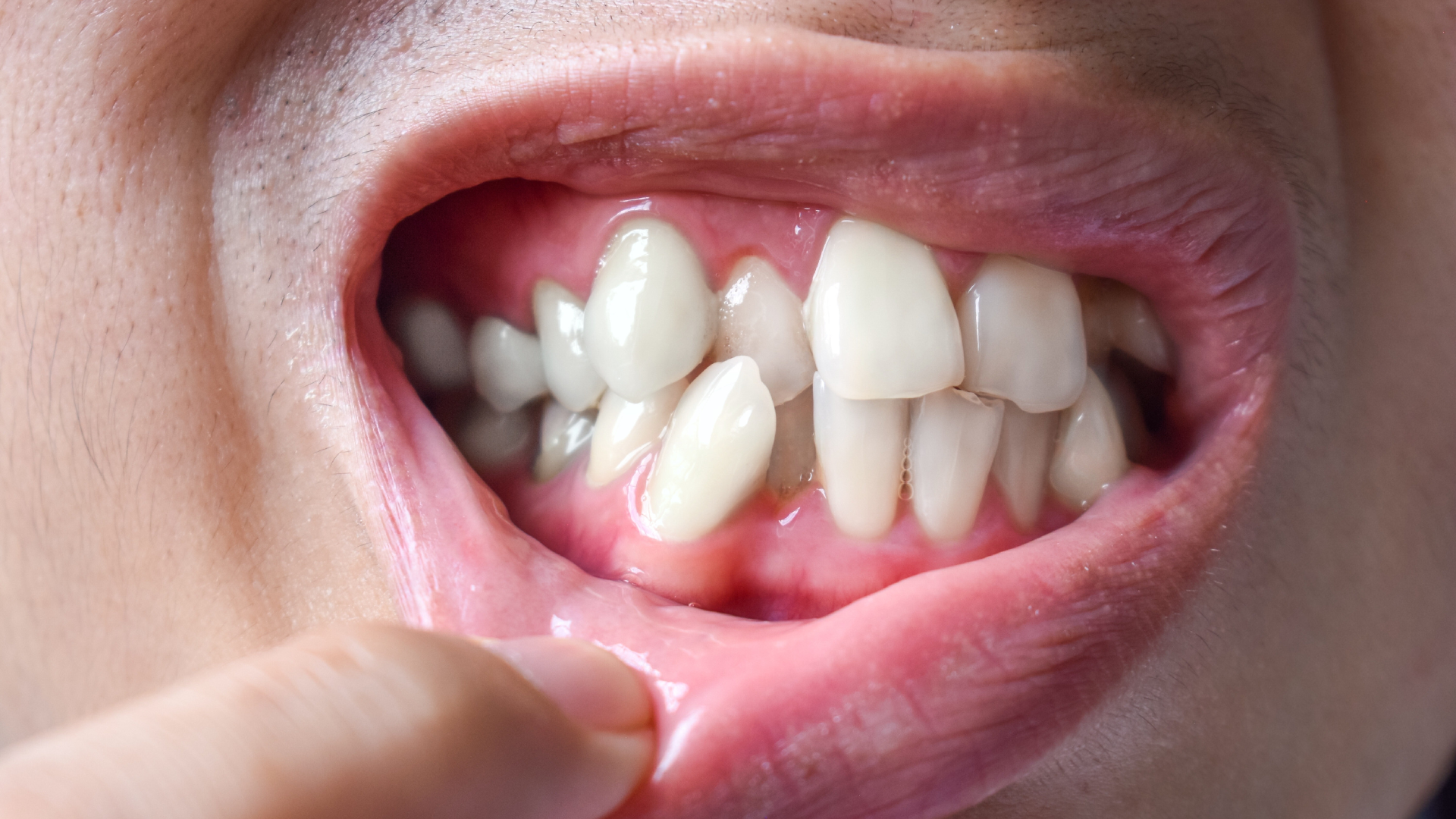
What Causes Crowded Teeth?
Standing as the most obvious and common reasons children will need braces, crowded or crooked teeth are very simple to identify in children and likely will present themselves at an early age. Crowded or crooked teeth can arise because of genetics, premature loss of baby teeth, or prolonged oral habits like thumb sucking. When there isn’t enough space in the mouth for all your child’s teeth to fit correctly, they can overlap, twist, or grow in at unnatural angles.
How to Spot Crowded Teeth Early
Spotting crowded teeth can typically be done as soon as the child’s adult teeth start to emerge. An early sign to indicate crowded teeth is if you notice that the teeth seem too close together or are visibly overlapping. Ensuring regular dental check ups can help to expedite the recognition of an issue with overcrowding of a child’s teeth. If spotted early, an Orthodontist can provide a treatment plan to prevent the crowding from worsening.
Misaligned Jaw or Bite Issues
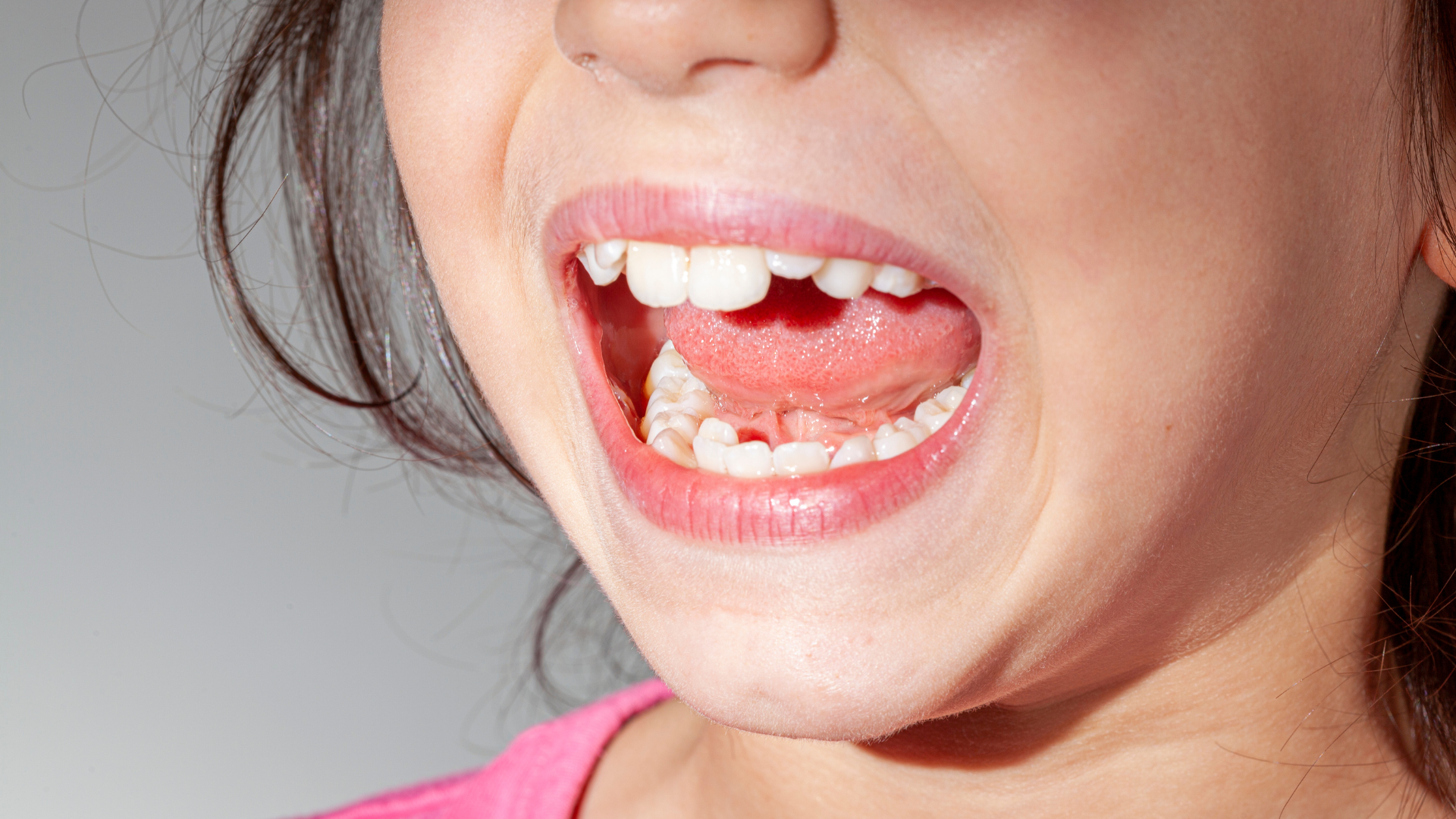
Types of Bite Problems
Also known as malocclusions, bite problems in children occur when the upper and lower teeth don't align properly. The different types of bite issues include overbites, underbites, posterior crossbites, and open bites. An overbite is when the upper teeth protrude over the lower teeth, and an underbite is when the lower teeth extend past the upper teeth. A posterior crossbite is when the upper jaw is too small and is fitting inside the lower jaw, rather than outside. This can happen just on one side, or sometimes in more extreme cases, on both sides. An open bite is when the front teeth do not overlap leaving the bite open in the front while the back teeth are touching.
How to Recognize Bite Issues Early
There are occasions where bite problems can be difficult to identify without the help from a trained dental professional, but there are early signs for parents to watch out for as well. If your child’s teeth don't seem to line up properly when their mouth is closed, or if they complain frequently about discomfort while chewing, they could be dealing with a bite issue. An orthodontic evaluation is the best way to confirm and address these concerns early on for your child. Always remember, here at dobie revolution orthodontics, all consultations are complimentary.
Early or Late Loss of Baby Teeth
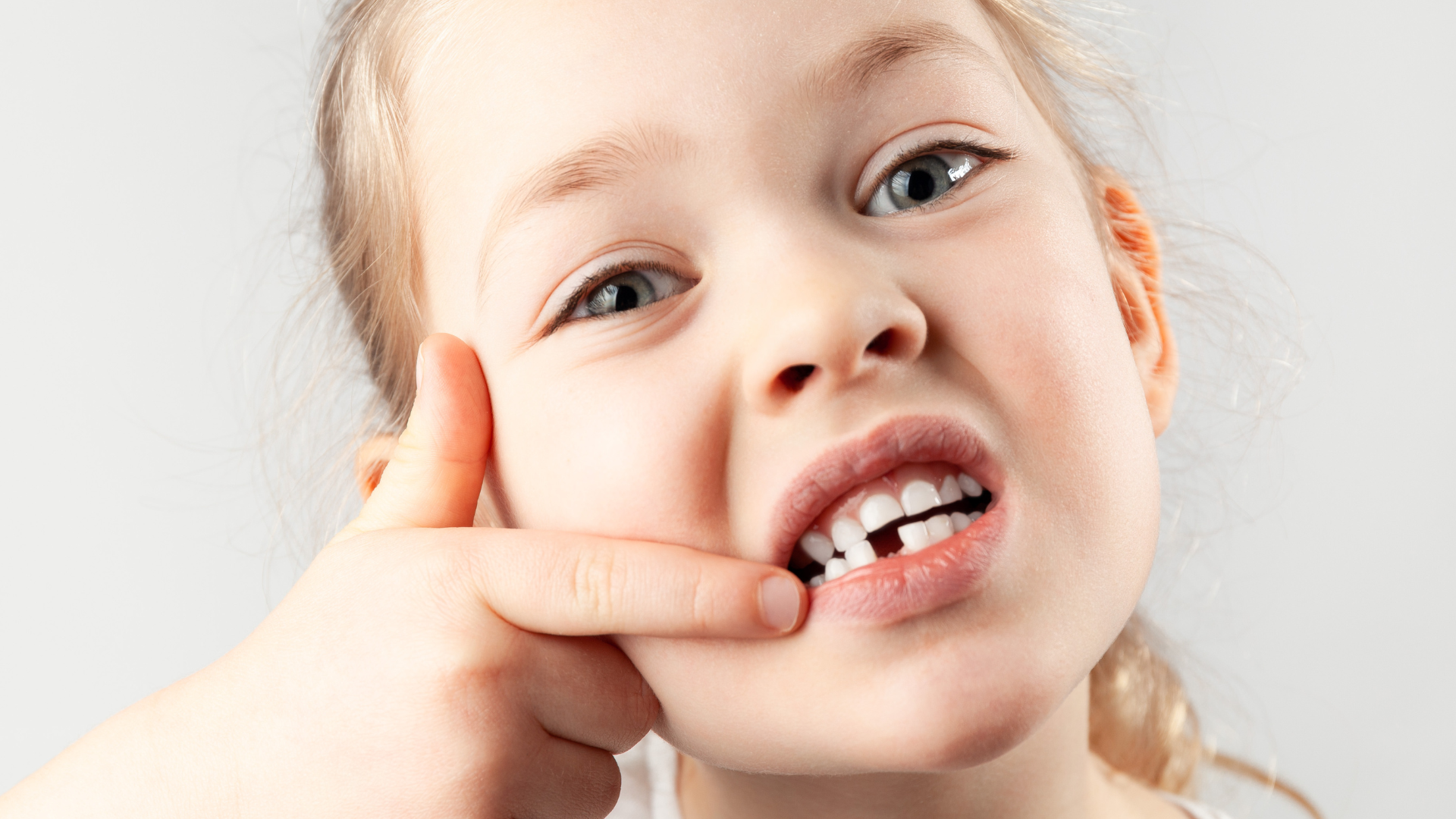
Impact of Early Loss of Baby Teeth
While it’s an exciting sign of your child growing up, the loss of baby teeth too early can lead to future preventable orthodontic issues. When a baby tooth is lost too soon, it allows the surrounding teeth to adapt and potentially move into the place of the lost tooth. This can cause crowding or misalignment of the adult teeth when they start coming in, resulting in the need for braces to correct the positioning of the permanent teeth.
Impact of Late Loss of Baby Teeth
On the other hand, late loss of baby teeth can cause delays in the emergence of the adult teeth, which can cause the adult teeth to erupt in the wrong position in your child’s mouth. Like early loss of baby teeth, this can also lead to crowding or misalignment when the adult teeth come in, and will again require the need for braces to reposition the permanent teeth.
Thumb Sucking and Other Oral Habits

How Thumb Sucking Affects Teeth
Thumb sucking or using a pacifier as a prolonged oral habit may impact the growth of your child’s mouth and the position of their teeth. Usually if this habit continues past the age of 4, the front teeth start protruding and an open bite or overbite can develop. After age 6, or once the first permanent tooth has erupted, some permanent skeletal effects can then remain forever if the habit is not stopped. This will then definitely require braces in the future to try and correct the teeth or jaw positioning.
Recognizing the Impact of Prolonged Oral Habits
While thumb sucking and pacifier use is normal in young children, parents should monitor the habit as your child begins to grow past that stage. If your child continues thumb sucking past the toddler stage, it will start to affect the development of their teeth and jaw. If you notice any changes in your child’s bite or tooth alignment, it’s best to schedule a consultation with an Orthodontist.
Mouth Breathing

Connection Between Mouth Breathing and Orthodontic Issues
Mouth breathing in children is more often than not linked to orthodontic problems, as it can affect the development of the teeth and jaws in children. Kids who primarily breath through their mouths may be showing signs of an underdeveloped upper jaw or a narrow palate, which can lead to bite issues and the need for braces to remediate the issue.
Identifying Mouth Breathing in Children
Often occurring mostly during sleep, mouth breathing in children can be difficult to identify. Signs of mouth breathing outside of sleep can include chronic dry mouth, bad breath, or if you can hear noisy or labored breathing during the night while they sleep. If you notice any of these symptoms in your child, it’s important to consult an Orthodontist to assess your child’s dental development.
Difficulty Chewing or Biting
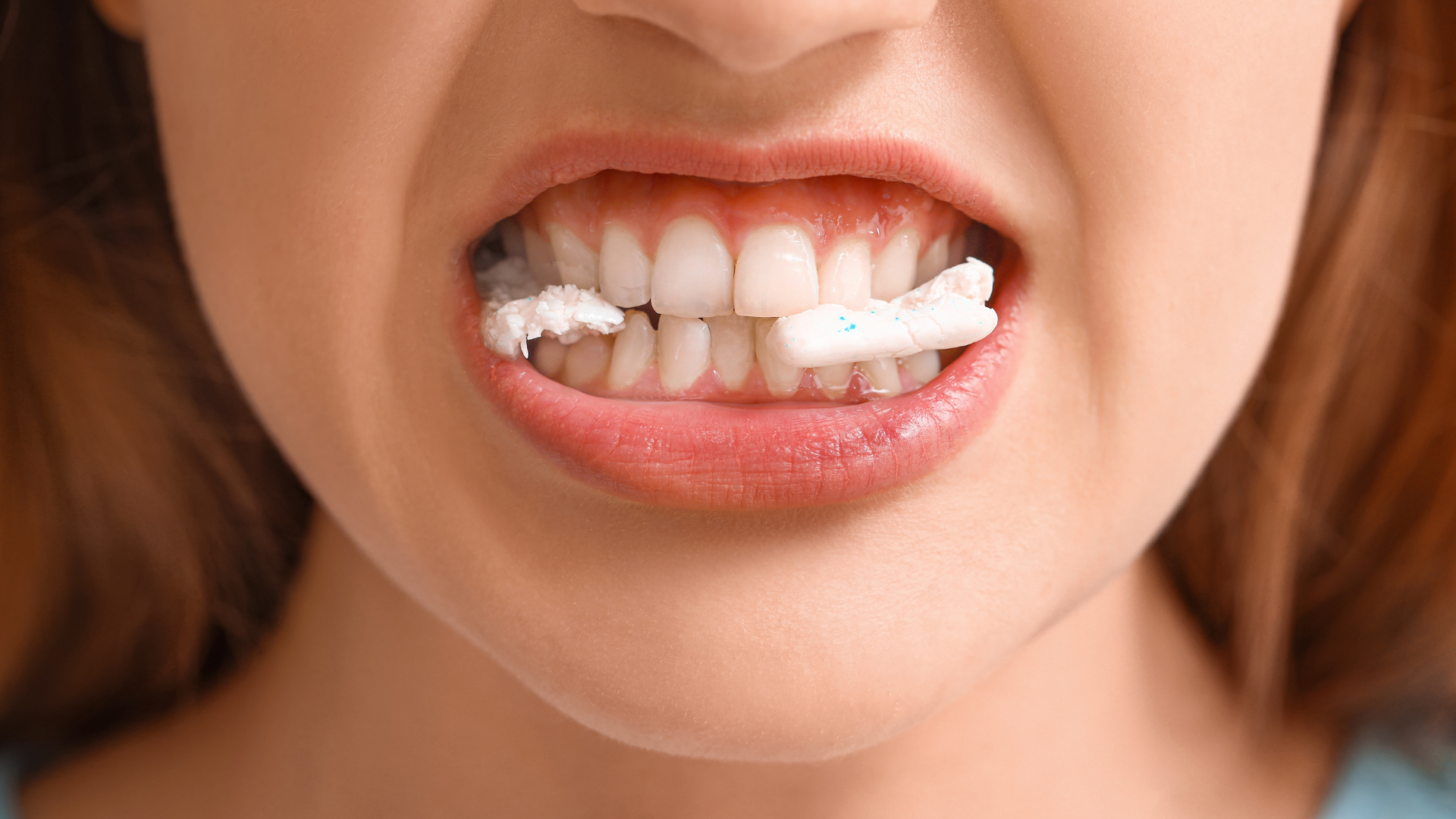
Common Causes of Chewing Difficulties
If you notice chewing or biting difficulty in your child’s eating behavior, it can be a sign of bite misalignment, crowded teeth, or jaw discrepancies. These issues can make it hard for your child to properly break down food, leading to discomfort or frustration during meals.
Signs Your Child is Struggling with Chewing or Biting
As a parent, keep an eye out and take note if your child complains about pain while chewing or has a recurring struggle with certain foods. Addressing any complaints that they have and getting an orthodontic consultation for them can help to prevent serious issues from developing.
Speech Impediments

How Dental Alignment Affects Speech
The most common forms of speech impediments, lisping or slurred speech, can on occasion be directly linked to dental alignment issues within a child’s mouth. If your child’s teeth or jaw are misaligned, it interferes with the tongue’s ability to make proper contact with their teeth. This can lead to speech difficulties, and can establish the need for orthodontic work to correct the issues.
When Speech Impediments Indicate a Need for Braces
If you notice a speech issue with your child, it’s almost always worth investigating if the issue is due to dental problems. Making a consultation with an Orthodontist, such as Dr. Dobie can help to identify the cause and get a plan in place to correct the alignment of your child’s teeth or jaws, eliminating the speech issue before it gets worse.
Teeth Grinding (Bruxism)

Causes of Bruxism in Children
Teeth grinding, also known as bruxism, is a very common condition or habit in children. Oftentimes, grinding can be linked to stress or anxiety, but sometimes it can be the result of a dental misalignment. If left untreated, grinding will wear down the teeth over time and can therefore contribute to more orthodontic issues down the line. There are some links with sleep disorders as well that can be associated with bruxism.
Recognizing Signs of Teeth Grinding Early
As a parent, if you sleep near or next to your child you may be able to hear them grinding their teeth throughout the night. If you can’t recognize it, some other signs may be that they wake up with jaw pain or headaches. A simple fix for teeth grinding is to have them wear a mouthguard to bed, but depending on age, this may not always be the best solution. It’s worth consulting with an Orthodontist to ensure that the issue isn’t related to dental misalignment, or breathing issues in which case your Orthodontist can potentially help remediate the issue with orthodontic treatment.
Dobie Revolution: Consistently Voted CT Magazine’s Top Dentists
When to Consult an Orthodontist
Historically, the ideal age for an orthodontic evaluation for your children is around the age of 7 years old. By this time, their teeth and jaws have developed enough for an experienced professional to identify any dental issues and create a treatment plan, if necessary. However, unless major issues are noticed by you or your dentist, coming in for an evaluation by age 8 is certainly soon enough. Early intervention in children helps to prevent the need for more extensive treatment later on in their teens or adulthood, and can also decrease the complexity and duration of their orthodontic care. Also, it is always better to take a look earlier rather than later, and if no treatment is necessary they can instead be monitored for free until they are old enough for comprehensive braces or Invisalign, if necessary.
try the dobie revolution video game!

Conclusion
If you’re a parent of a child and you’ve recognized any of the symptoms outlined in this blog, you’re already one step ahead. Making sure your child gets the kind of braces treatment they need can drastically improve their quality of life and limit the exposure to orthodontics late into their teens and adulthood. Please feel free to book a complimentary consultation at dobie revolution orthodontics today if you have any concerns about your child’s dental health, and set your kids up for a confident and healthy smile for the rest of their lives.
